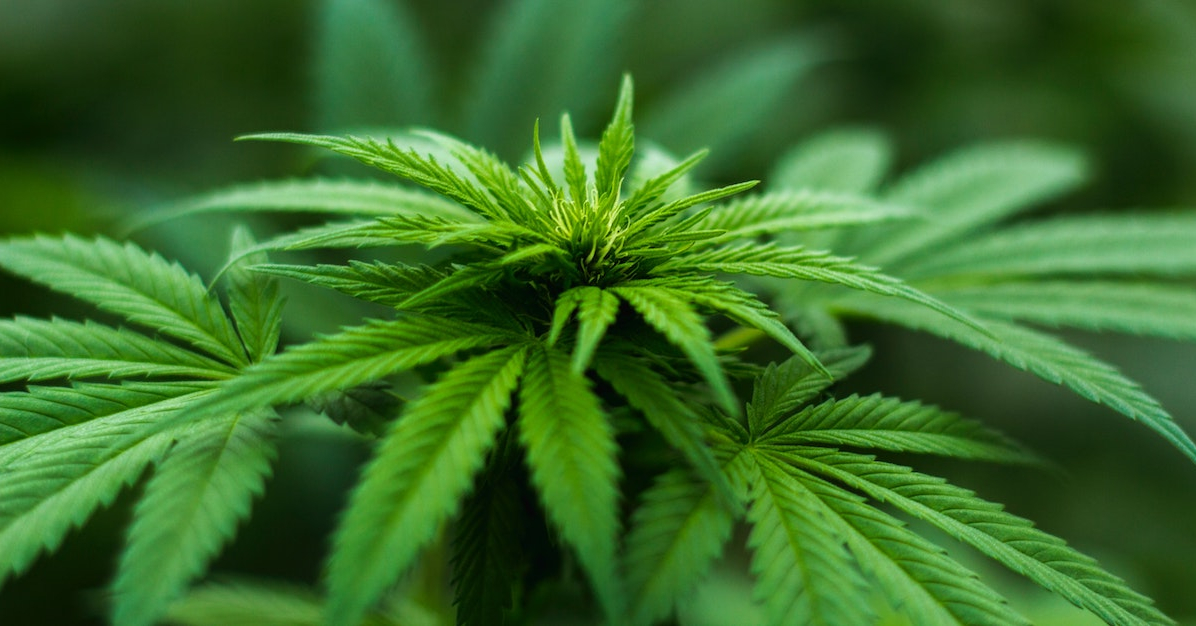Anxious about an upcoming employer drug screening? It’s understandable - even in certain states where cannabis is decriminalized, if not fully legalized, employers can still remain well within their right to fire employees for getting stoned off the clock. While some legal states have amended their regional labor discrimination laws, others still have yet to make much-needed reforms, as organizations like Pew Trusts have extensively shed light on.
Bills like the MORE Act (for Marijuana Opportunity Reinvestment and Expungement) are seeking to federally legalize cannabis and ameliorate many of the still-existing social inequities surrounding the drug. But until these necessary reforms are set into motion, these archaic attitudes may, unfortunately, continue to persist.
There’s been a myriad of shifting societal attitudes toward cannabis, and the myriad of potential benefits it can pose toward one’s overall mental and physical wellness. From possibly alleviating the symptoms of chronic pains, to the emotional pains associated with conditions like anxiety and post-traumatic stress disorder (PTSD).
Even in spite of these potential benefits - corroborated by years of studies and a remarkably wide body of research, many employers still carry a hostile perception and stigma toward off-the-job cannabis use. With that concern in mind, how long could even a single hit of weed stay in your system?
The answer to that question depends on three key factors. Here’s what you should know with regard to each and every one of them.
1. Marijuana Testing Methods
Smoking weed or eating edibles on the regular is likely to lead to you failing a drug test, with little means of circumventing that failure. But what if you’re only a casual stoner or toker? What if you only nibble on those special brownies every now and again, or only take puffs off that special glass one-hitter on occasion? How long would THC and other psychoactive cannabinoids stay in your system?
The long and short of it, ultimately, is that the answer to this question depends. On a wide range of factors, but in particular, you should consider the type of employment drug screening being administered. These tests will aim to examine different genetic samples for traces of THC and psychoactive cannabinoids, all of which retain traces of this cannabinoid content for different timeframes.
At the end of the day, everyone’s body is different, but on average, here’s how long THC metabolites remain detectable in different sorts of drug screening samples:
- Hair Follicles: This type of drug test sample has the longest THC detection period. Multiple cannabis drug metabolites are capable of remaining present in your hair follicles for up to 90 days. Unless you use specialized shampoo products, no amount of hair care will be able to remove the presence of those cannabis metabolites over the course of that three-month-long duration.
- Blood: In contrast with hair follicles, blood samples have an incredibly short THC detection period, spanning up to a single day at most. It’s at its most detectable within the first 3 hours of use, but very expeditiously leaves the bloodstream not too long after.
- Saliva: THC metabolite samples are retained in your saliva for up to a day. Unlike blood samples, saliva samples strongly remain in the bloodstream for that full 24-hour period following cannabis use.
- Urine Samples: One hit of weed may only leave temporarily remnant traces of cannabinoids in your urine, for a few days at most. Regular stoners, however, may see traces of cannabinoids remaining in their urinalysis for up to a month.
It’s important to remain vigilant of these detection times, particularly if you work for an employer that requires routine drug screenings.
2. Types Of Weed Products
Even federally legal hemp CBD products are capable of setting off positive employer drug tests. Although these products aren’t psychoactive, they can still trigger positive readings in drug screenings - it only takes as little as .03% traces of THC in a hemp product to yield a positive result.
In addition to the type of drug test being administered, another factor that’ll affect the presence of cannabinoids in your samples is the potency of the particular cannabis product(s) being consumed. For instance, cannabis flower typically contains between 15-30% THC content, whereas cannabis vape liquid could contain between 60-90% THC content.
Furthermore, cannabis edibles metabolize in a considerably more potent fashion than smoking or vaping does. Instead of metabolizing first in the brain and bloodstream, cannabis edibles are first metabolized in the stomach and liver. This causes the resulting high and THC absorption to be far more potent than if a person were to ingest it through smoking or vaping.
A product’s cannabinoid profile will, of course, also lend a tremendous hand to its potency factor. A CBD edible could trigger a positive drug test if it contains more than .03% of THC, but an edible containing 100 milligrams of THC almost certainly would.
3. Your Own Body Type
Cannabis detoxes at a differing pace for everyone’s body. THC metabolites are naturally excreted out of the body with time, but the pace at which this natural process occurs will depend on a number of unique, individual health factors, including:
- Weight: People with higher body fat percentage tend to metabolize THC slower.
- Age: Our body’s natural functioning grows slower as we grow older, including its metabolic processes.
- Diet: Routinely exercising and eating healthy can help your body speed up its natural processes and operate more efficiently.
When all is said and done, it’s your responsibility to consider these detection risks when using cannabis. If you’d like more information on where you can legally obtain test kits, detox treatments, or additional support over the web, we would encourage you to visit our provider portal.

